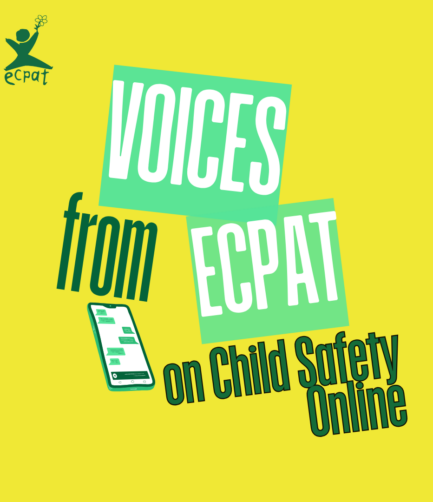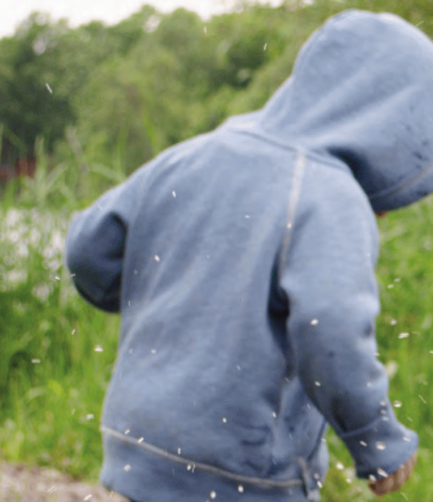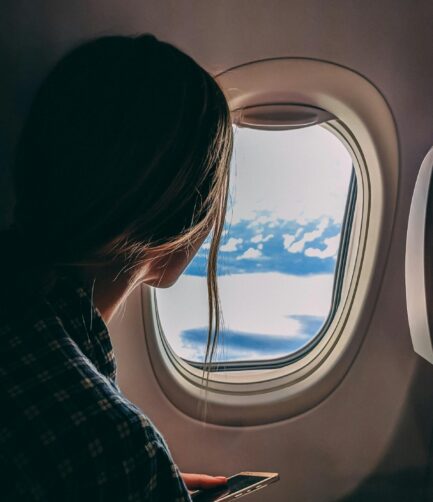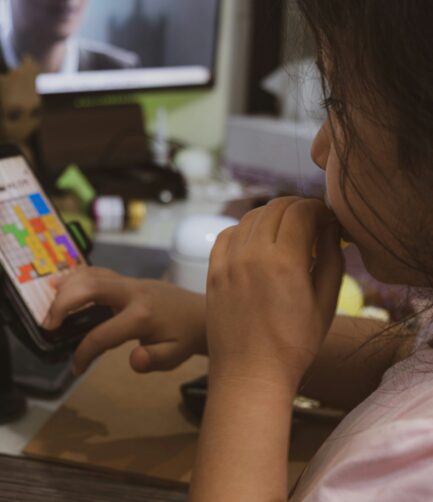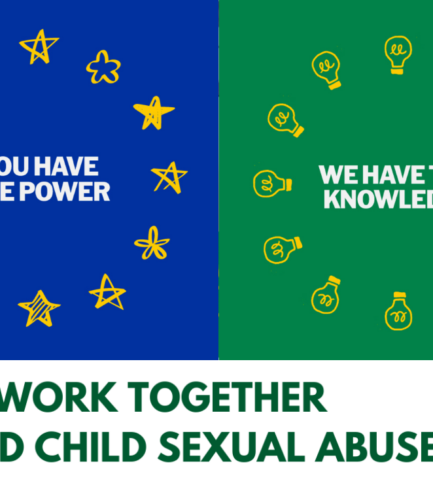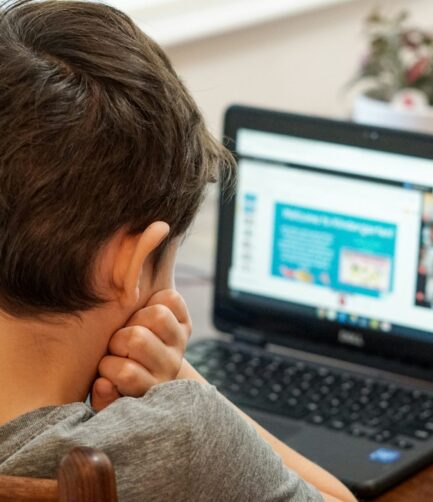This Ramadan, help ECPAT stop the distribution of child sexual abuse material
With over 200 million of its 276 million citizens using the internet everyday [1], it also has one of the highest numbers of internet users in the world. Young people and children are no different, with 9 in 10 actively on social media platforms [2].
Amidst school closures and lockdowns over the last 2 years, children and young people are spending more time online to study, socialise and explore, which also increases the risk of them potentially encountering harmful content online.
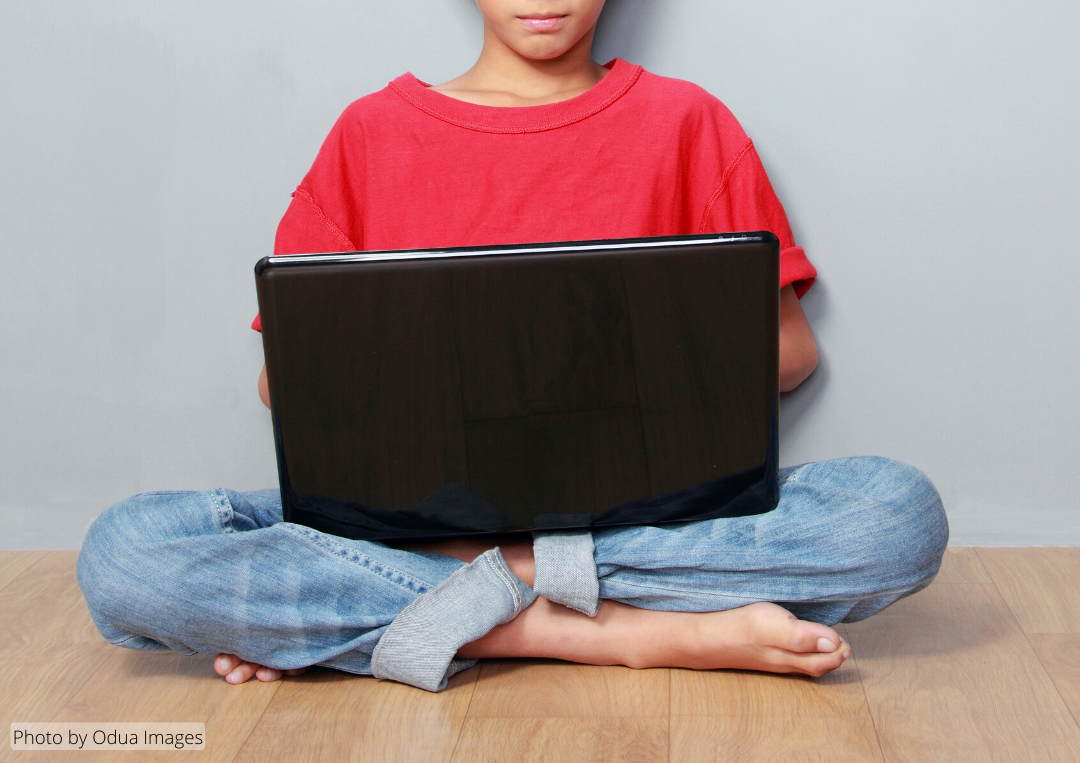
However, the amount of CSAM detected and reported online has since continued to grow, exacerbated by the pandemic.
In 2020, a staggering 986,648 cases of CSAM were reported to the National Center for Missing and Exploited Children (NCMEC), a 17% increase from 2019 [3], making Indonesia one of the biggest hubs for CSAM.
This is an extremely worrying trend, due to the impacts on children and young people who encounter harmful content online, as well as victims of CSAM.
the Internet Watch Foundation (IWF) and ECPAT Indonesia, a member of the ECPAT International network, set up a dedicated reporting portal to provide Indonesians with a safe and efficient way to report harmful videos and images [4]. Once a report is made through the portal, the content will be assessed by trained analysts, who will block and remove the content if found to contain child sexual abuse.
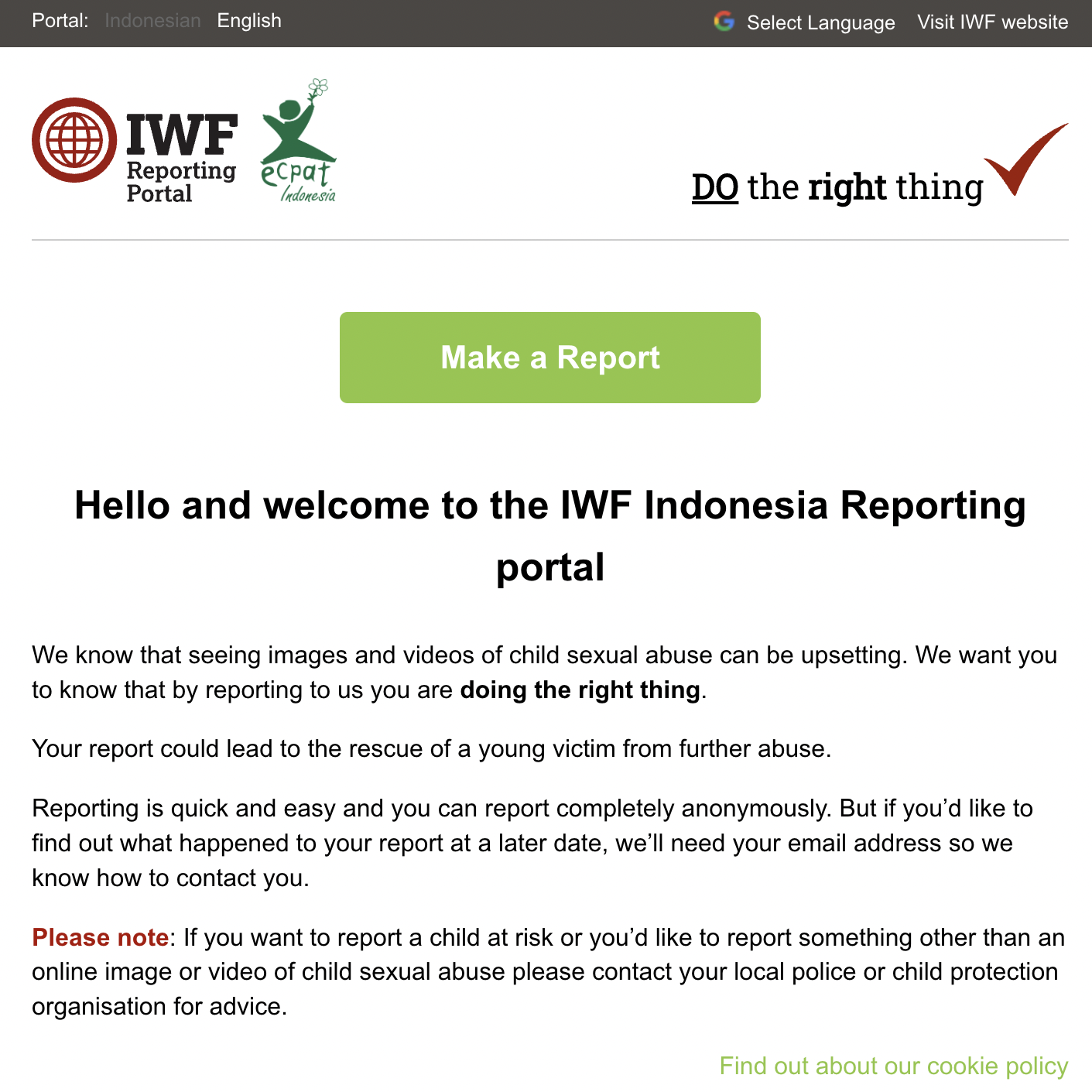
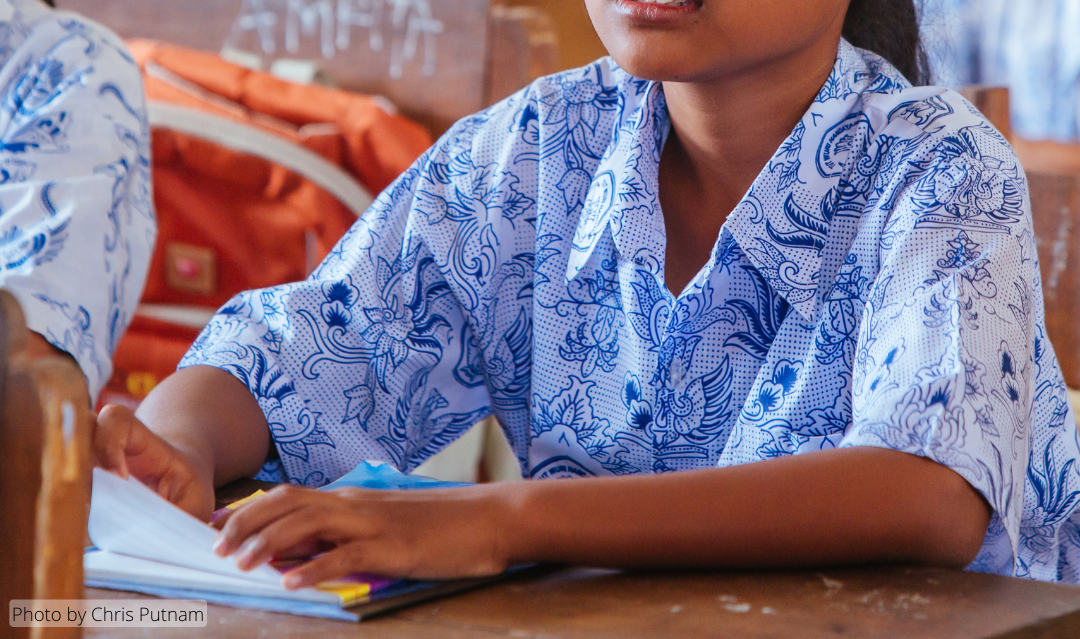
ECPAT Indonesia regularly engages with young people through their social media channels, using a variety of tools such as comics and videos to communicate information on internet safety.
Visit ECPAT Indonesia to learn more about their work.

